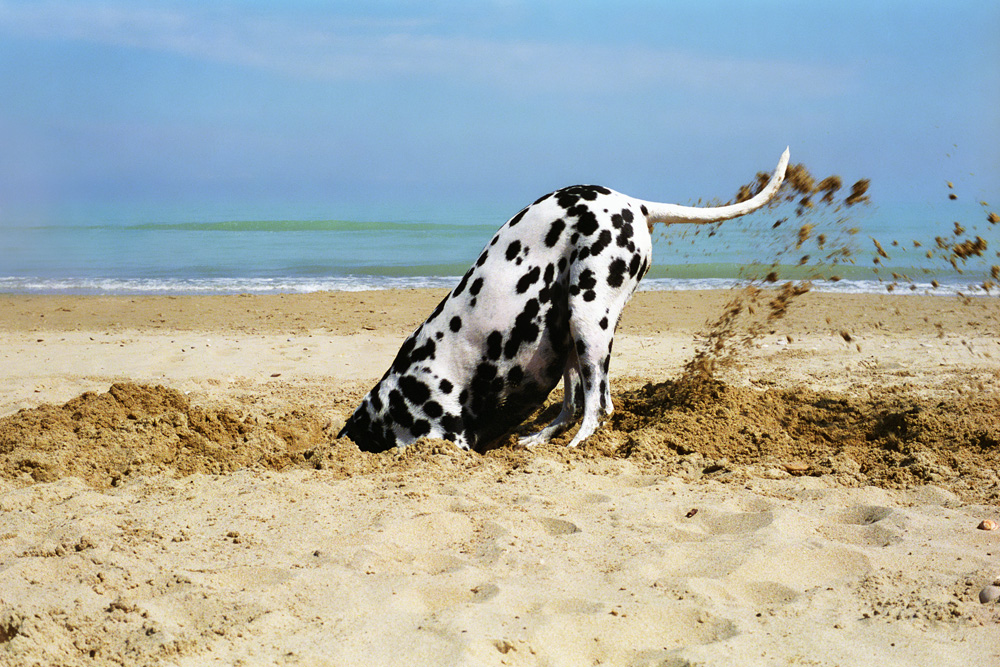What a difference a digit can make! As the weather warms up and our attention turns to outdoor projects, it’s important to pay attention to hidden dangers. And some of those hazards are right under your feet.
Many utility lines are underground, especially in newer neighborhoods, but even older homes can have gas, electric, water, and cable lines buried in places that may be long-forgotten. While most water and sewer lines run under front lawns toward the street, homes with alleys may have them located there. Underground electric, phone, and cable wires tend toward the back and are less common with older homes, overhead being the preferred approach in the past, but they may have been added during remodeling or other projects.
Call Before You Dig
It’s a message utility companies have been sending for years, but one that still gets ignored. The consequences can range from annoying to disastrous. Even a single shovel blow can sever a water or gas line and contacting a live electrical wire can cause serious injury or even death.
You can avoid those risks by calling your local utility locating service at 8-1-1. It’s a free service and can save time, trouble, and costly repairs. It’s also required by law. Any damage caused by digging can result in fines on top of repair (and medical) costs.
A crew will come out and use detecting equipment to mark the location of buried utility lines to guide your tools safely away. Plan ahead, though; it can take up to three days for a service location call to be scheduled. Also note that locating lines installed by homeowners and private contractors (gas lines to barbeques, water lines to pools and fountains, electrical lines to garages and sheds) are the owner’s responsibility. Call your contractor if you’re not certain of their location.
Dig with Care
Location surveys give general information but aren’t pin-point, and they don’t tell the depth of the lines. Local ordinances (and good practices) require that lines be physically located by hand digging before automatic digging or trenching equipment is used.
Proceed with Caution
Always assume underground lines are active whether they’re in current use or not. Never touch electric lines, even if they’re in conduit. If you smell the rotten egg odor of natural gas, evacuate the area and call 911 since there’s danger of explosion. Then call your utility to notify them.
Always check for overhead lines and other hazards and allow for settling and root growth when planting or building around underground lines.
Spring and summer projects can be fun and add enjoyment to your outdoor spaces. Don’t ruin them by ignoring safety in the process and don’t hesitate to call for professional help.
Whatever your outdoor electrical needs may be, call Allstar Electrical Services at (303) 399-7420 or visit our website. Then use our handy on-line forms to request a free estimate or set up an appointment. We’ve served the Front Range for over 15 years and are top-rated by the BBB and Angie’s List.
Allstar also offers 24/7 radio-dispatched emergency service throughout our Front Range service area.


